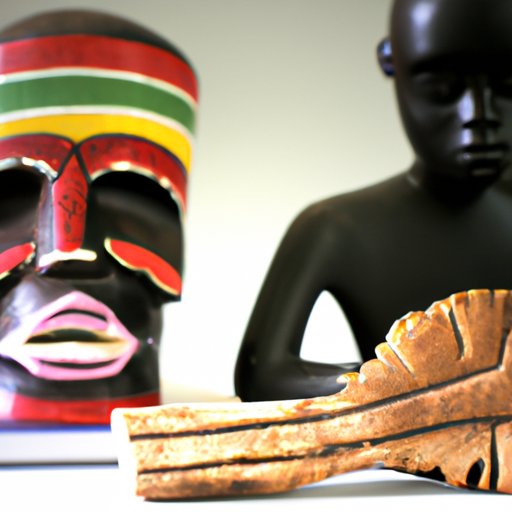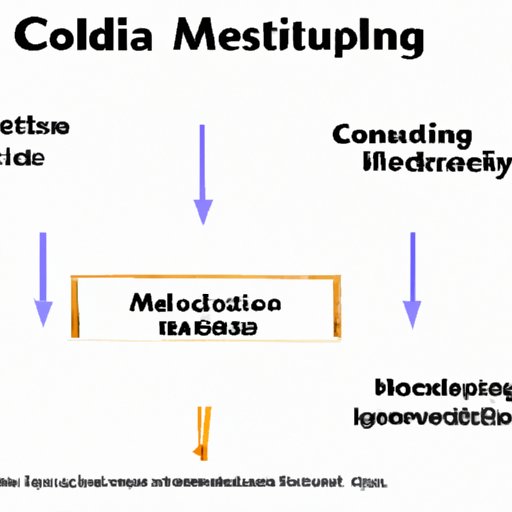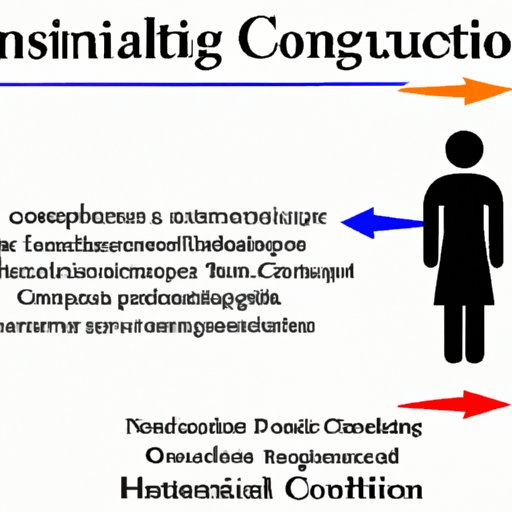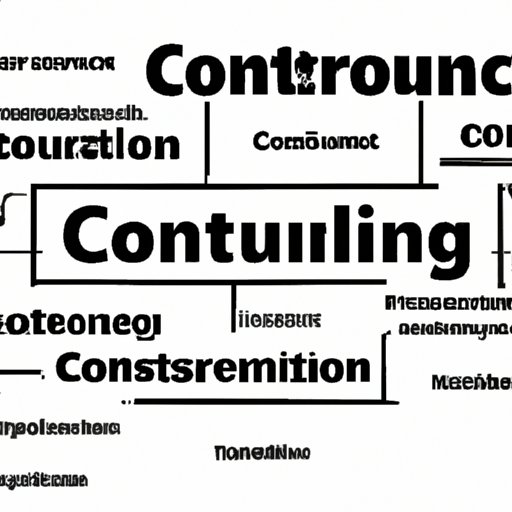Introduction
Cultural conditioning is a term used to describe the process by which individuals learn and internalize values, beliefs and attitudes of their particular culture. This conditioning is largely unconscious and is acquired through exposure to language, customs, practices and experiences within the culture. As a result, cultural conditioning shapes our behaviour, perceptions and worldviews.

Exploring the Origins and Effects of Cultural Conditioning
Cultural conditioning begins at a very early age and is often acquired through direct experience or observation. In some cases, cultural conditioning is explicitly taught by parents, teachers and other authority figures. Although cultural conditioning can be beneficial, providing individuals with a strong sense of identity and purpose, it can also lead to problematic behaviours such as prejudice and discrimination.
Examining How Cultural Conditioning Shapes Our Lives
Family is one of the most influential factors in cultural conditioning. Children learn values, beliefs and attitudes from their parents, siblings and extended family members. Religion and education are also powerful influences on cultural conditioning. Religious institutions often teach specific values, while educational institutions reinforce certain beliefs and attitudes.

Unpacking the Role of Media in Cultural Conditioning
Media plays an important role in reinforcing cultural norms and values. Television shows, movies, music and other forms of popular culture often depict stereotypes and perpetuate negative messages about certain groups of people. Additionally, these messages can be used to influence people’s opinions and beliefs about themselves and others.
Investigating the Intersection of Culture, Power and Conditioning
Culture, power and conditioning are intertwined. Those in positions of power often use cultural conditioning to maintain their power and control over others. The dynamics of cultural power structures can be seen in many different contexts, from politics to economics to social hierarchies.

Understanding the Impact of Cultural Conditioning on Identity and Behaviour
Cultural conditioning has a profound effect on our identities and behaviour. It affects how we view ourselves and how we interact with others. It can also shape our beliefs, values and attitudes. Cultural conditioning can lead to conformity, as individuals may feel pressure to conform to certain cultural norms in order to fit in.
Conclusion
Cultural conditioning is a powerful force that shapes our lives in many ways. It is learned through direct experience and observation, as well as through religious institutions, educational institutions and media. Cultural conditioning can lead to conformity and can be used by those in positions of power to maintain control over others. Further research is needed to better understand the complex dynamics of cultural conditioning and its impacts on individuals and society.
(Note: Is this article not meeting your expectations? Do you have knowledge or insights to share? Unlock new opportunities and expand your reach by joining our authors team. Click Registration to join us and share your expertise with our readers.)
